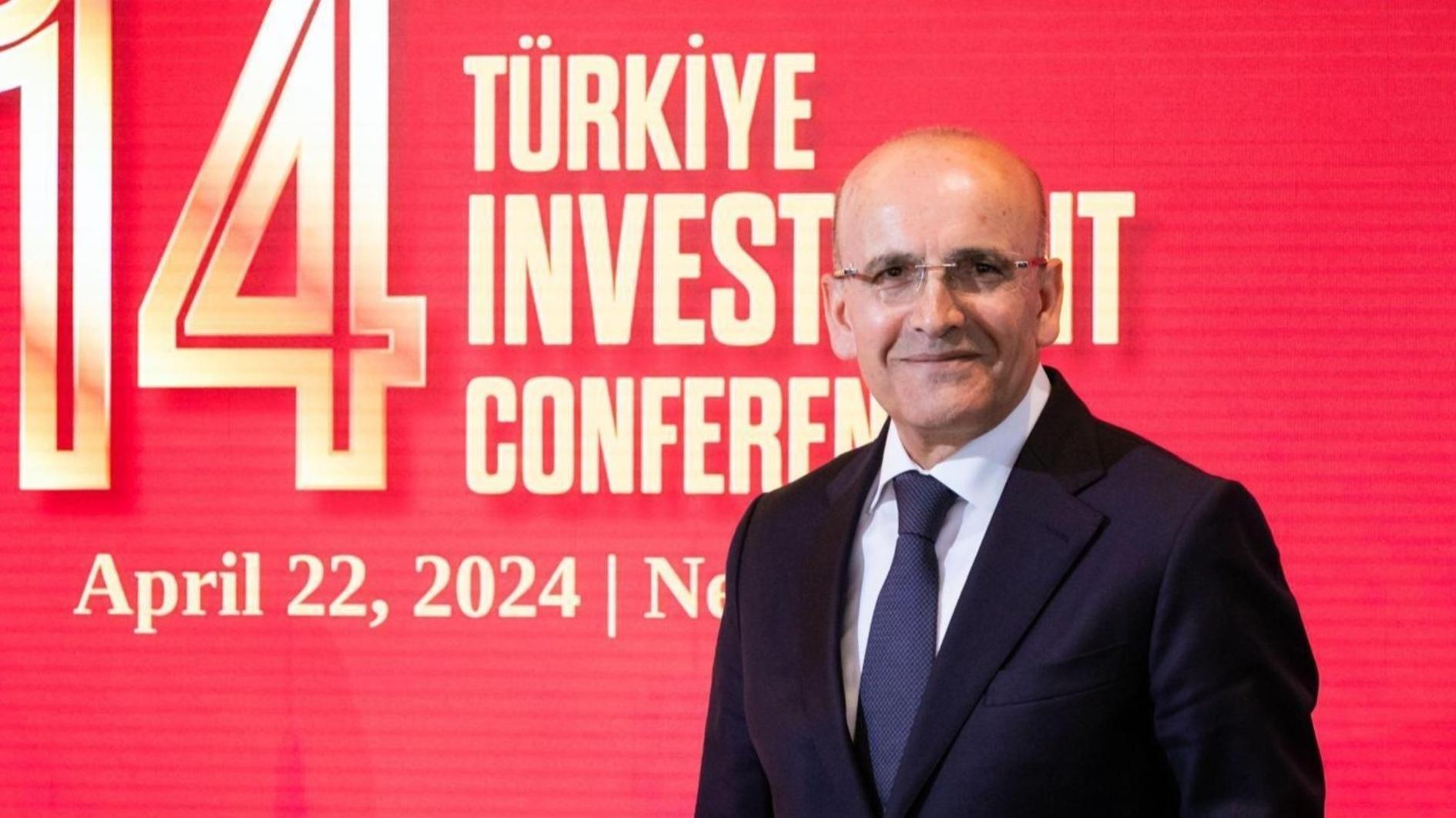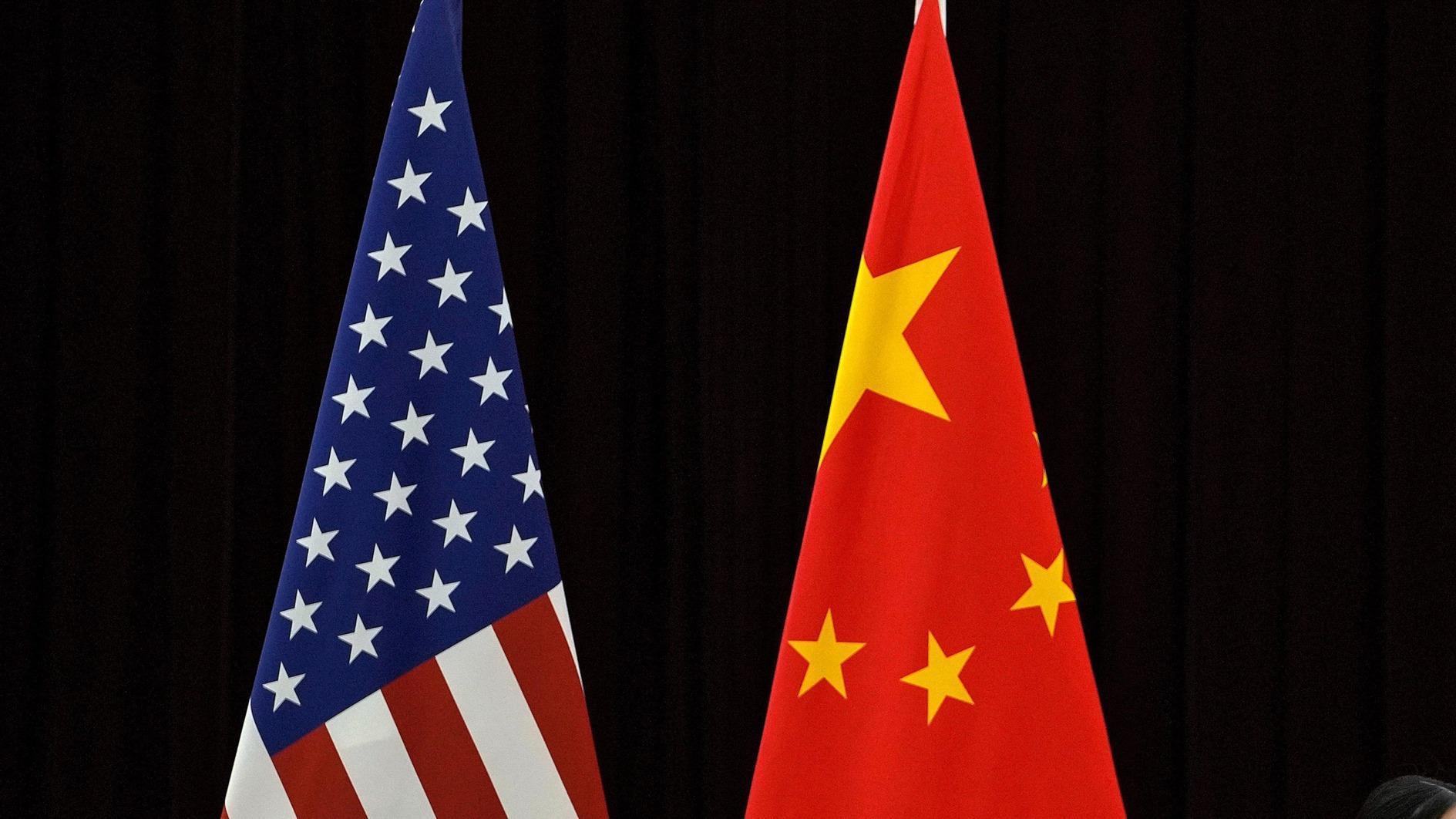Russia says UN Syria resolution could 'mention' Chapter VII
MOSCOW - Agence France-Presse

AP Photo
A UN Security Council resolution on Syria could mention an article which allows force or sanctions, a top Russian diplomat said Tuesday, as Moscow and Washington seek a compromise on a text backing a deal to rid the regime of chemical weapons.Deputy Foreign Minister Sergei Ryabkov stressed that the key Chapter VII of the UN Charter could be invoked only if the chemical weapons accord agreed between Russia and the United States is violated by either side in the Syrian conflict.
Speaking to the Russian parliament, Ryabkov also slammed the "illogical" position of the United States and its Western allies for seeking to threaten the regime of Syrian President Bashar al-Assad in the resolution.
It was not clear if Ryabkov's comments on Chapter VII could ease the dispute over the resolution, which threatens to overshadow the UN General Assembly and take the shine off the US-Russia weapons accord.
Chemical inspectors to return to Syria on Wednesday
Ryabkov said that UN inspectors would be returning to Damascus on Wednesday to investigate an August chemical attack outside the Syrian capital, which the West blames on the Syrian regime and which Russia says could have been carried out by the rebels.
The invocation of Chapter VII in a UN resolution has been a point of controversy between the United States and Russia ever since the two Cold War foes forged their landmark agreement in Geneva this month to rid Syria of its chemical weapons.
"Chapter VII can be mentioned only as an element of the measures against violators... if there is a refusal to cooperate, carry out obligations or if someone -- it does not matter who -- uses chemical weapons," Ryabkov said, quoted by Russian news agencies.
He emphasised that the resolution to be adopted by the UN Security Council should be aimed at bolstering decisions by the Organisation for the Prohibition of Chemical Weapons (OPCW).
"There can be no discussing the adoption of a resolution under Chapter VII about the automatic implementation of sanctions or all the more the use of force," he told the State Duma lower house of parliament.
He said that the Assad regime had already shown its good will to adhere to the accord by joining the convention for the prohibition of chemical weapons.
"In this situation the attempts of the Americans -- actively supported by the British and the French -- to push the UN Security Council to adopt a resolution which would contain a direct threat to Syria look absolutely illogical." "Contacts with the Americans (after Geneva) are, unfortunately, not going as smoothly as we would like," he added.
He later appeared to qualify his earlier remarks on Chapter VII, saying there "does not have to be any reference" to Chapter VII in the UN resolution backing up the OPCW's decisions.
The five permanent Security Council members -- the United States, Russia, France, Britain and China -- held new contacts on a resolution on Monday.
French Foreign Minister Laurent Fabius reaffirmed that any resolution had to allow for possible measures under Chapter VII of the UN Charter if Assad fails to keep the plan.
Ryabkov said he hoped the resolution could be agreed next week, although there was no "100 percent guarantee".
The deal in Geneva averted the threat of military action against the Syrian regime by the United States, a move that Russian President Vladimir Putin had warned would be an aggression breaking international law.
"The threat of an aggression has for the moment just been put on hold but not removed," Ryabkov said.
Ryabkov expressed satisfaction that UN chemical weapons experts would be returning to Damascus "tomorrow, September 25" to investigate the chemical weapons attack outside Damascus in August.
He said it was possible to make "substantial refutations" of all arguments that the Syrian government may have been behind the attack and complained that the United States was still pinning the blame on the regime "without exhaustive proof".
A tentative Saturday deadline had been set for the full accounting of Syria's arsenal under the plan which calls for its chemical weapons to be destroyed by mid-2014.
There are hopes that the deal could pave the way for peace talks to end the 30-month conflict which has killed more than 110,000 people and forced two million more to flee abroad.
A special correspondent in Syria for the Spanish newspaper El Periodico has been kidnapped by rebels, the paper announced late Monday in its online edition.
The paper said Marc Marginedas has been "in the hands of a rebel group since September 4, the last day he was in contact with editors in Barcelona".
















